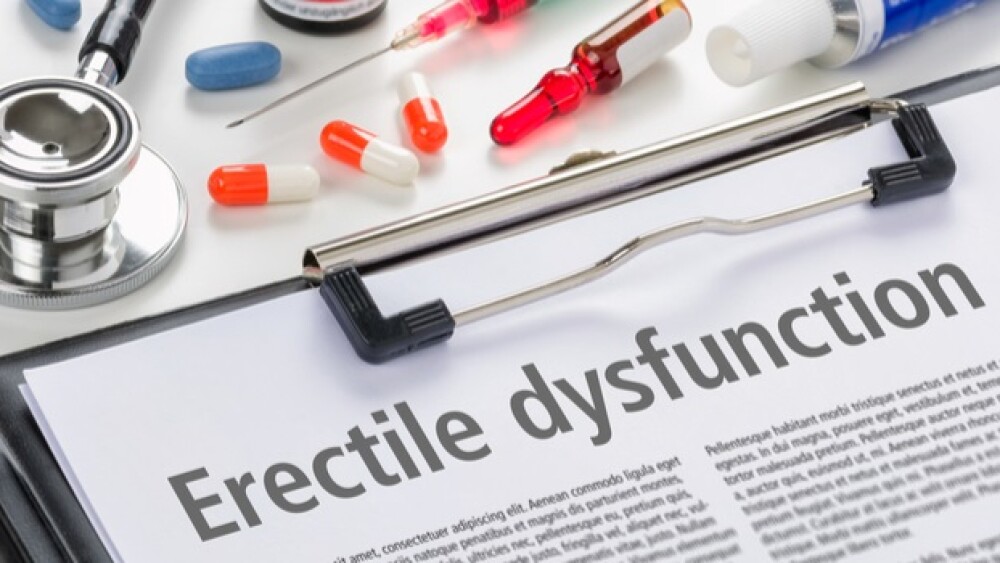Cytori Therapeutics, headquartered in San Diego, published data from its clinical trial of Adipose-Derived Regenerative Cells (ADRCs) in the journal Urology showing positive results.
Cytori Therapeutics, headquartered in San Diego, published data from its clinical trial of Adipose-Derived Regenerative Cells (ADRCs) in the journal Urology showing positive results.
ADRCs or Cytori Cell Therapy was evaluated for erectile dysfunction after radical prostatectomy. The clinical trial was conducted by researchers from the Danish Centre for Regenerative Medicine and Odense University Hospital, Odense, Denmark. In the trial, 21 patients with ED after radical prostatectomy who did not show signs of recovery after conventional therapy, were given a single intra-cavernous injection of autologous ADRCs. Six of the patients were incontinent and 15 were continent at inclusion. Safety and efficacy—defined as sexual function—were assessed over 12 months using adverse events analysis, questionnaires and the International Index of Erectile Function-5 (IIEF-5) and Erection Hardness Score (EHS).
The mean age at baseline of patients was 60.2 years, ranging from 46 to 69. The procedure was determined to be safe with no serious adverse events reported. A year after treatment, erectile function was assessed using the IIEF-5, and showed a statistically significant improvement from a median baseline score of six to a median of eight. In an analysis of a subset of the 15 patients with urinary continence, there was a substantially greater improvement compared to median baseline.
In addition to the data published in Urology, Cytori has fully enrolled the Autologous Adipose-Derived Regenerative Cells for the Treatment of Male Stress Urinary Incontinence (ADRESU) clinical trial of the therapy in men with stress urinary incontinence after radical prostatectomy. The primary endpoint of the ADRESU trial is the percentage of patients who have greater than 50 percent reduction in urinary leakage volume from baseline a year after treatment.
The outcomes were mixed. Cytori’s therapy had a positive p-value on the IIEF-5 ranking, but there was no change for the EHS score. However, once evaluated outside the incontinent patients, the company is claiming overall positive data. There seems to be a correlation between their response to the therapy and the extent to which they were affected by the prostatectomy.
This was an open-label Phase I trial.
FierceBiotech notes, “The results throw a lifeline to men who can’t resolve ED problems with oral drugs like Pfizer’s Viagra and Eli Lilly’s Cialis, which are both PDE5 inhibitors, or direct injections with prostaglandin-based drugs into the penis. Where these fail, the last resort for patients is typically a penile implant.”
The market for ED drugs was $4.5 billion in 2016. The Danish team at Odense University Hospital, led by Martha Haahr, noted that private clinics worldwide have been offering ED treatments using stem cells, “without preceding rigorous clinical data regarding safety and efficacy.”
In the paper, the researchers stated, “The next step before stem cell therapy can be made available to patients is to perform a randomized blinded and placebo-controlled trial among continent men.”
The company’s stocks rose about 10 percent on the news.





